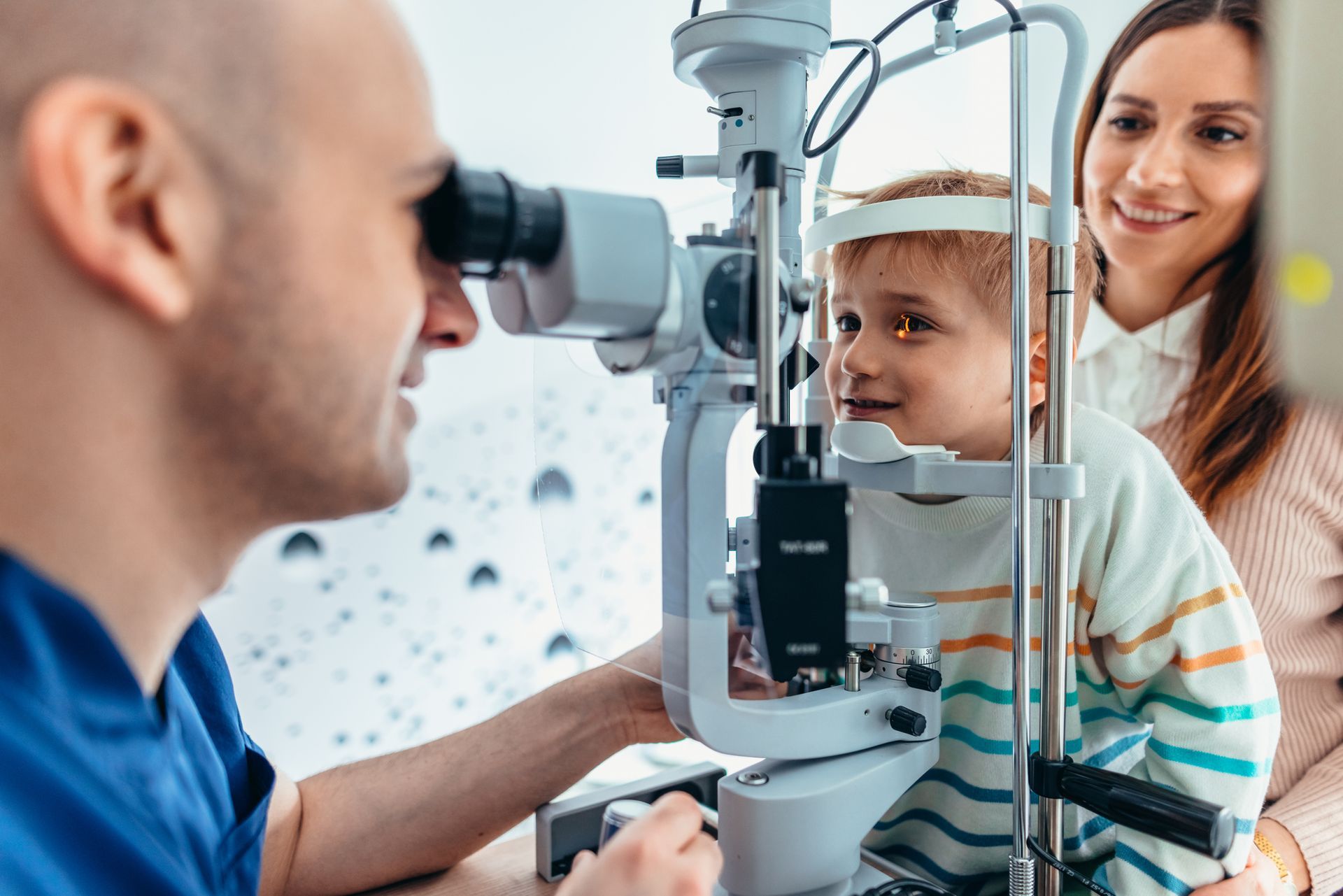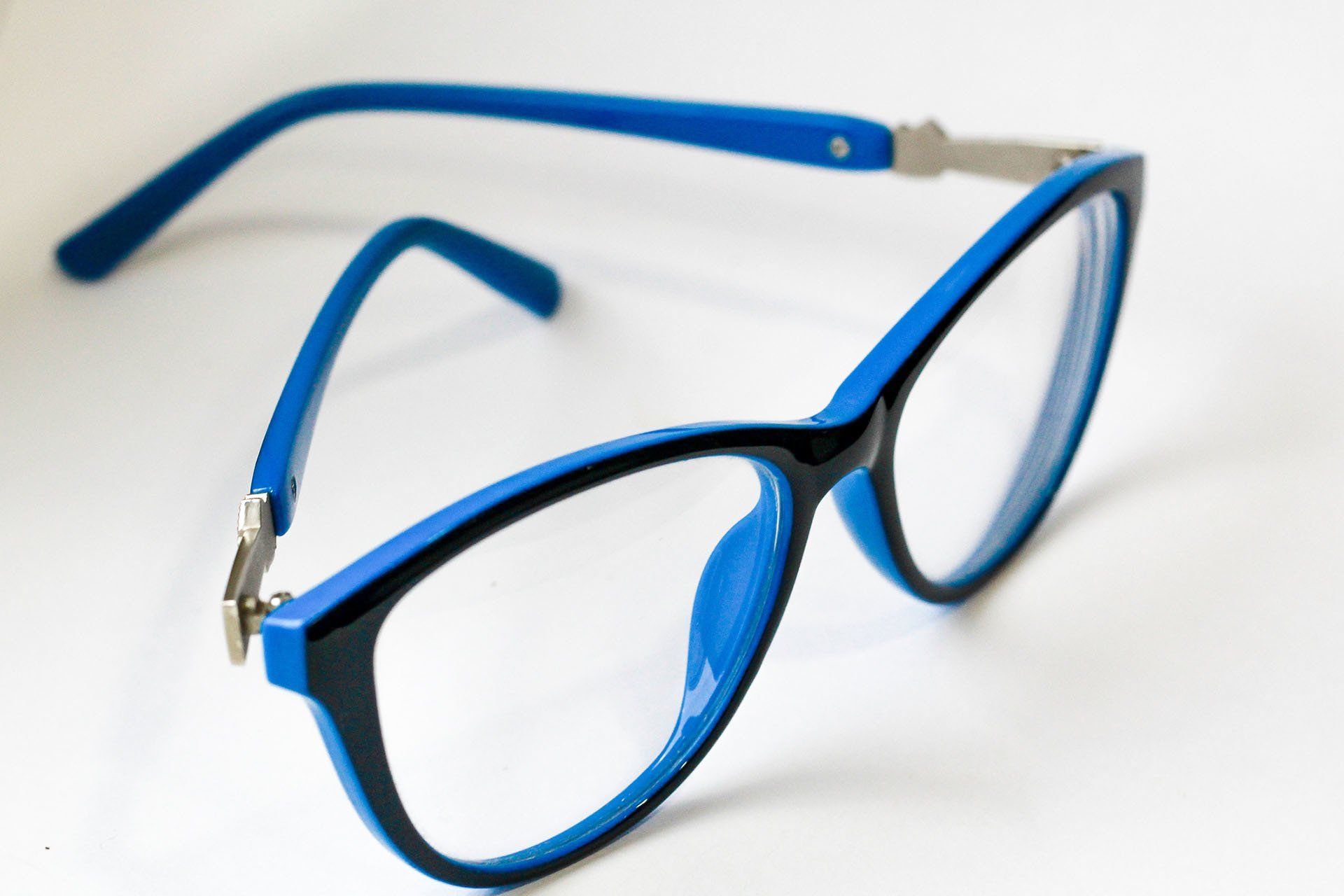Understanding Presbyopia and Its Corrective Options
March 15, 2018

Your eyes go through many changes as part of the aging process. The inability to see close-up affects almost everyone, though to different degrees. After age 40
, most people will begin to notice that they have a problem reading small print, and by their mid-50s, most people will lose that ability altogether.
Fortunately, there are things you can do to compensate for vision loss. This guide will tell you more about presbyopia and some of your treatment options.
What Are the Mechanics of Presbyopia?
The word presbyopia literally means old eye. The name refers to the eye's reduced ability to focus on nearby objects. When you're young, the lens in your eye is very flexible and could change focus from close-up items to focus on items that are far away fairly easily. As you age, your lens becomes more rigid and it becomes more difficult for your retina to flex and focus on close-up images.
What Are the Signs of Presbyopia?
If you have presbyopia, then you may notice that you have to move objects further away in order to see them clearly. You may not even realize that you are doing this when presbyopia begins to affect you. Other signs are that your eyes feel strained more than usual, especially when doing close-up work.
You may also notice that your eyes don't focus as quickly when you adjust from looking at something close-up to something far away. Your inability to see in low light will also become noticeable.
If You Think You're Unaffected
Presbyopia affects nearly everyone and it's rare to come across someone who truly is unaffected after age 50. However, genetics and other factors play a role in how severe presbyopia is in each individual, so if you're in the early stages, then you won't notice that you have a problem at first.
If you don't do regular close-up work or work in low light, then you may not notice that you need glasses. You could find yourself in a situation where you need to see something close-up and it will seem that your vision has deteriorated all of a sudden. Therefore, it's best to have regular eye exams and have your vision corrected to reduce vision problems.
Can You Correct Presbyopia With Glasses?
Many people prefer to wear glasses because they are easy to use and very effective. Fortunately, there are several glasses options available depending on the quality of your vision. If your distance vision is adequate, then you may only need to wear reading glasses part of the time. If you are already wearing glasses for nearsightedness, then you can choose between lined and progressive bifocals.
Can You Correct Presbyopia With Contact Lenses?
Contact lenses have greatly improved in recent years resulting in a variety of options that can meet multi-focal vision needs. There are segmented contacts that are like traditional bifocals where the bottom part is for close-up and the top part is for distance.
There are also aspheric contact lenses, which work a lot like progressive lenses, however, it can take some time for your brain and visual system to adjust to them.
What Are the Other Treatment Options?
Your optometrist may suggest other options unique to your vision. For example, if you want contacts, but don't want to use the multi-focal kind, then you could choose monovision. This is where one lens is corrected for distance and the other for close-up. It can take some adjustment, however, as your brain learns to see differently.
There are also surgical options, which are not for everyone. In addition, surgery won’t always stop the progression of presbyopia, which usually gets worse over time.
Presbyopia is a normal part of the aging process and you have several options on how to treat this condition. You can choose a pair of glasses or contacts or work with your optometrist for other options that best fit your lifestyle.
If you're having trouble seeing, then contact
Fraser Optical to have your eyes examined and to talk to our staff about vision correction options.
Recent Posts
January 29, 2020
Learn how to prevent and manage pink eye with Fraser Optical’s expert tips. Keep your eyes healthy with these practical, easy-to-follow guidelines.









